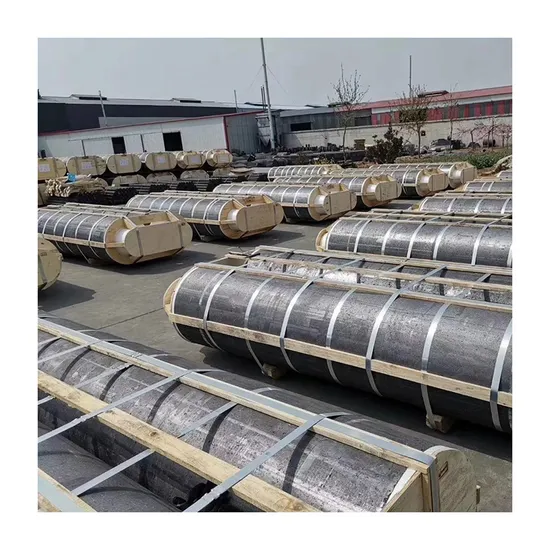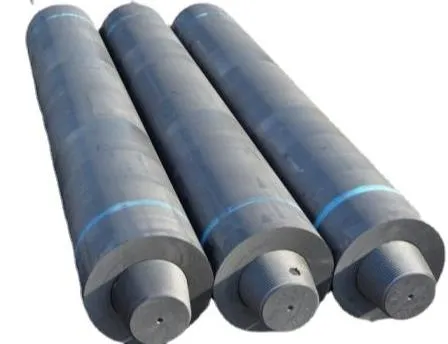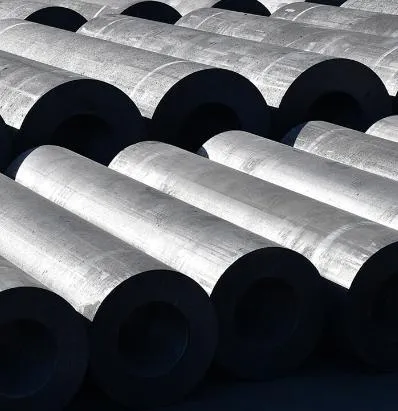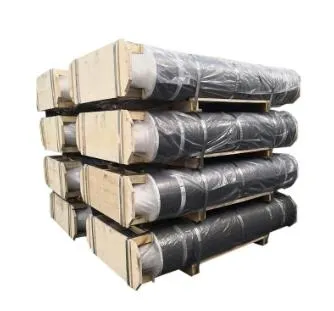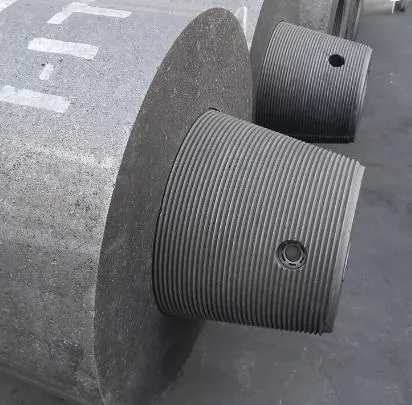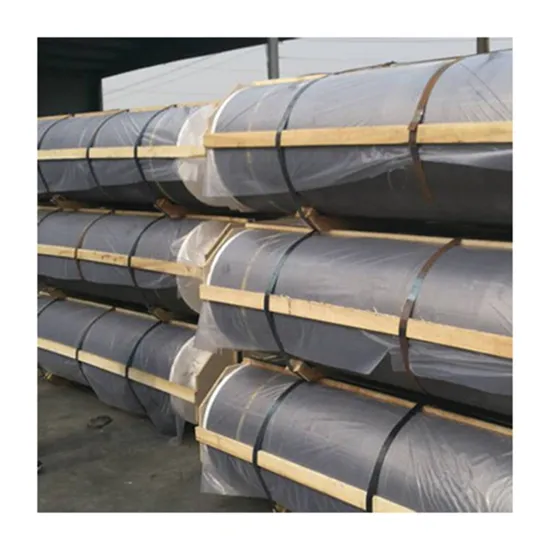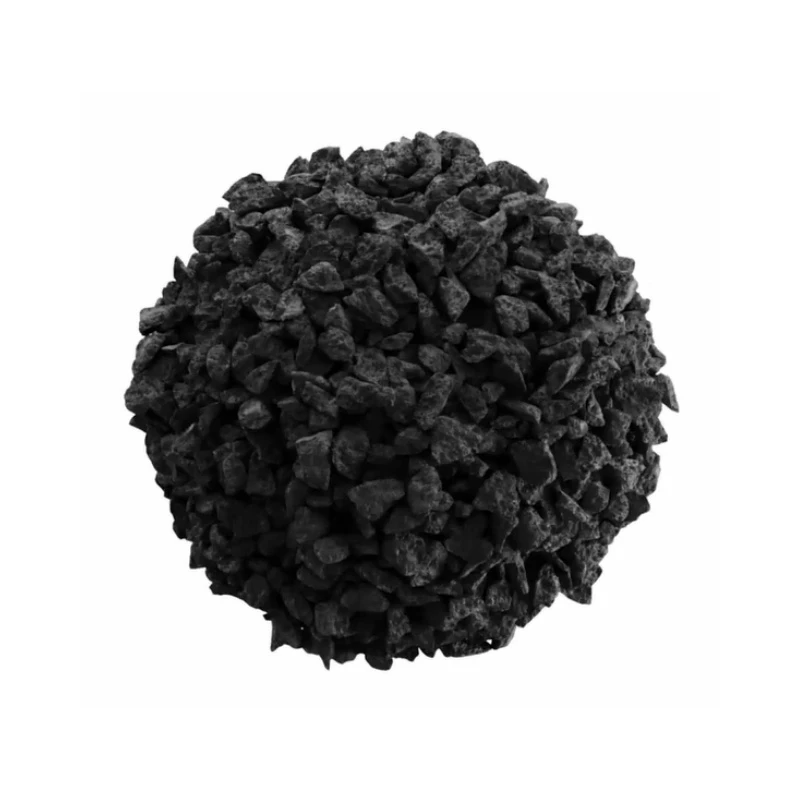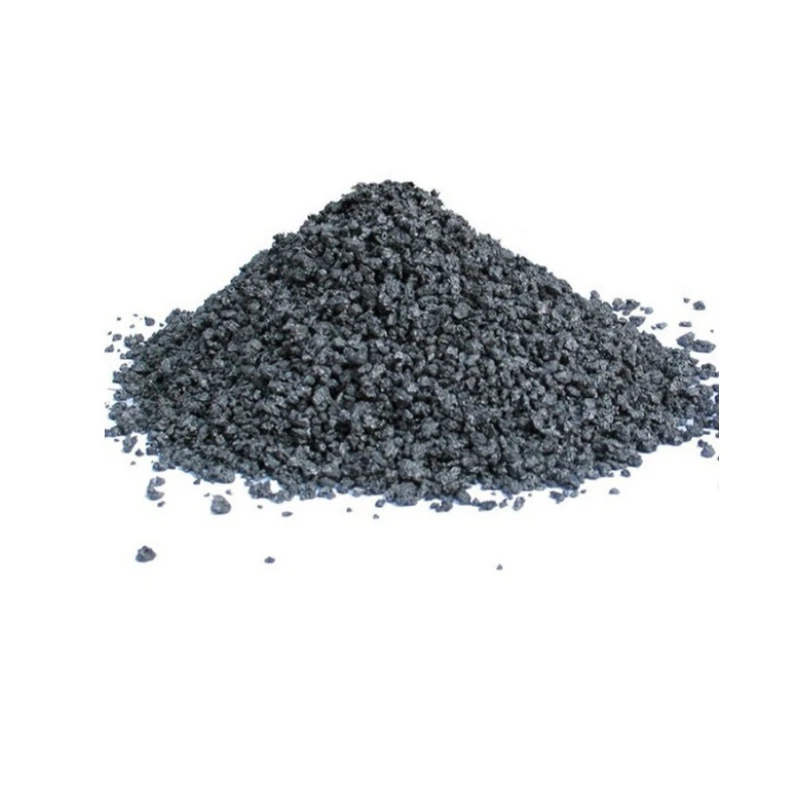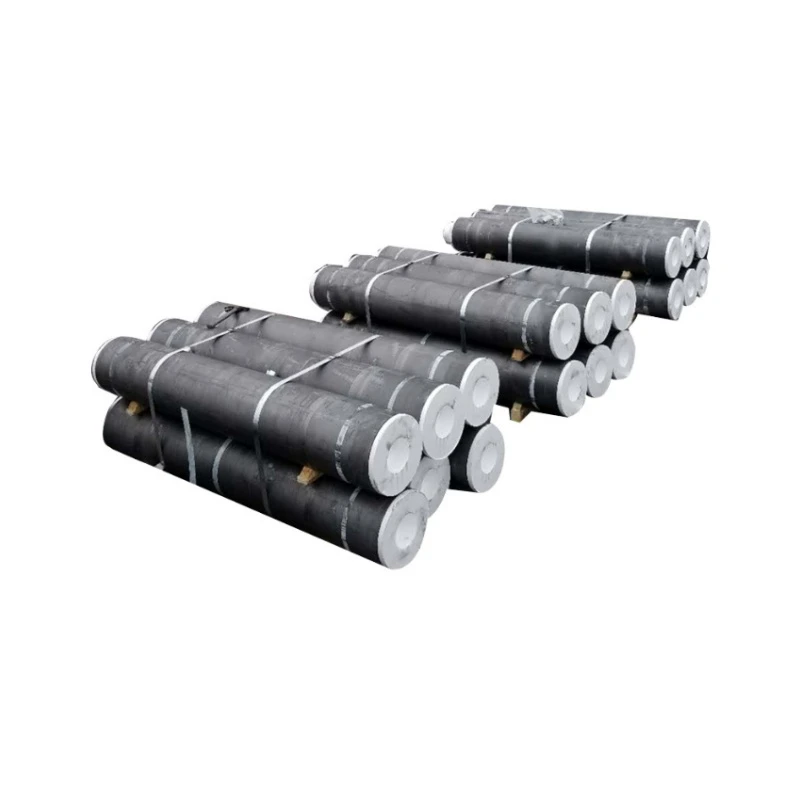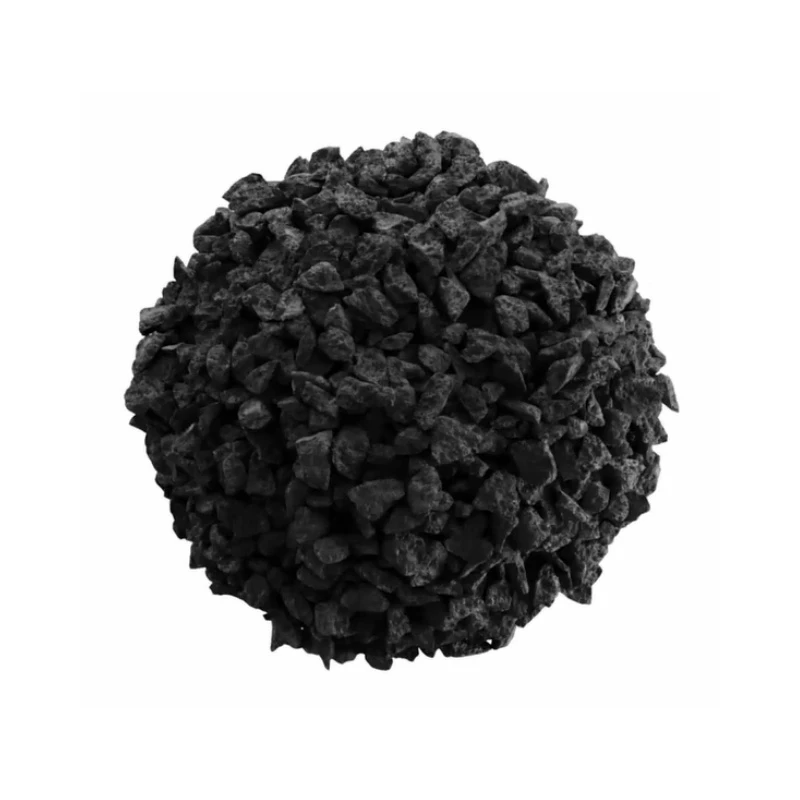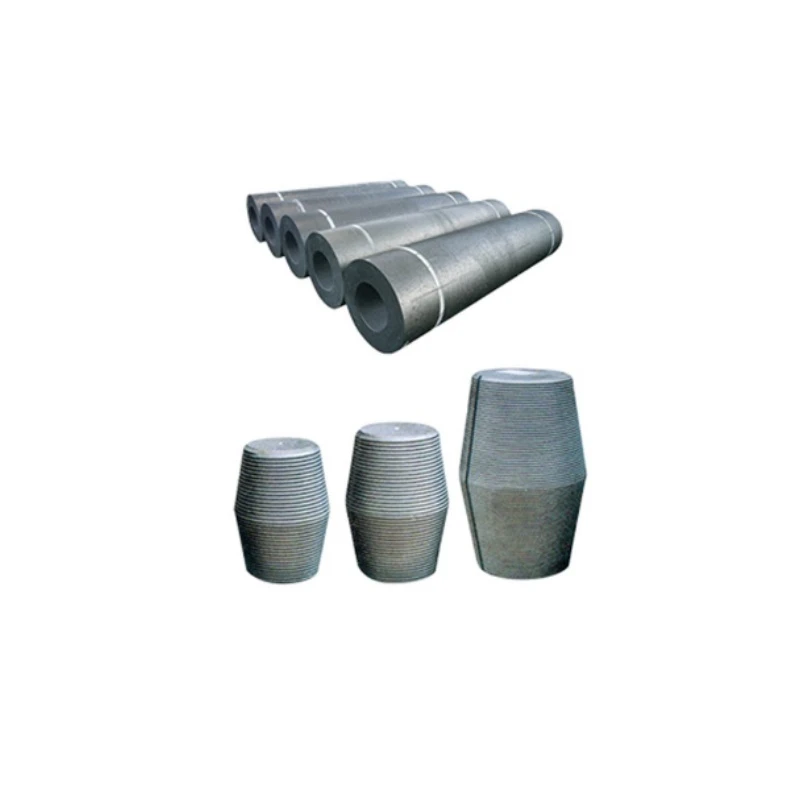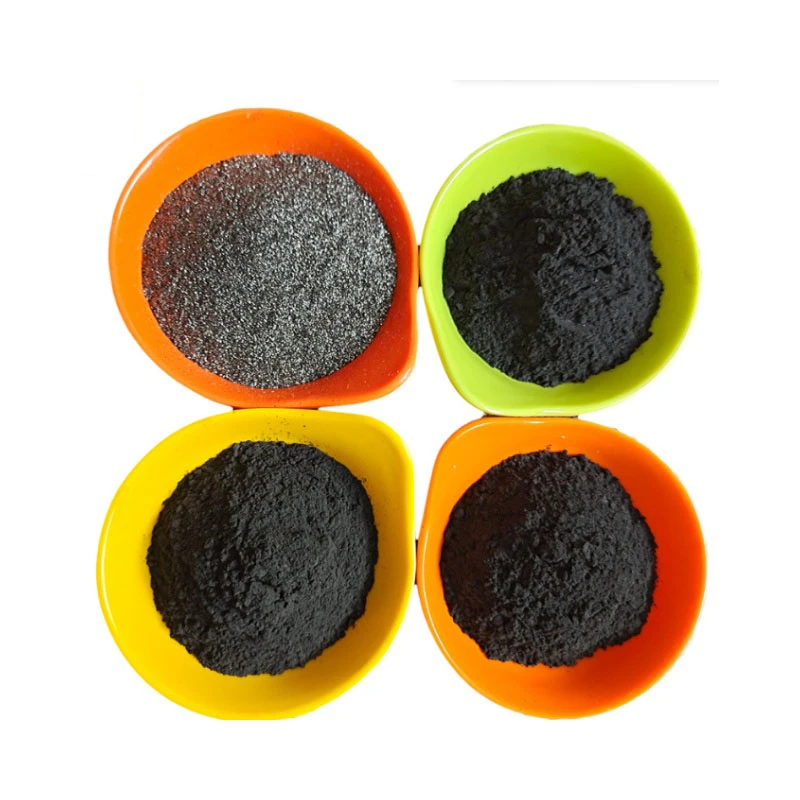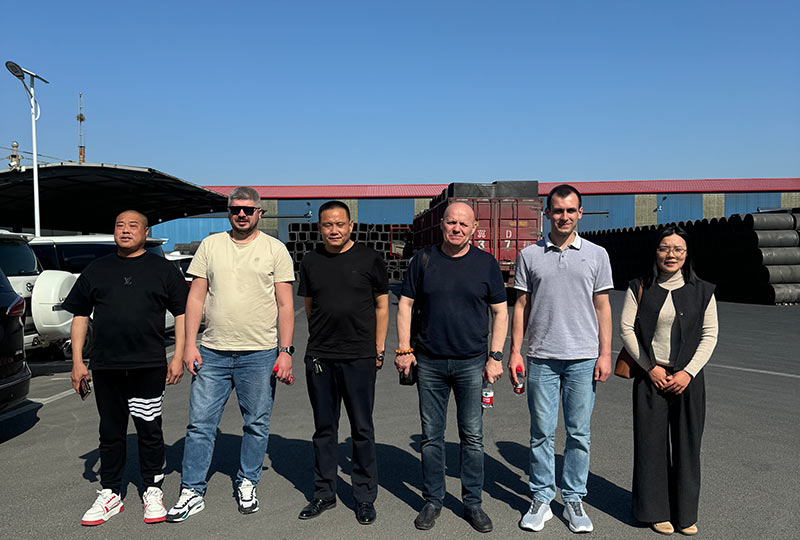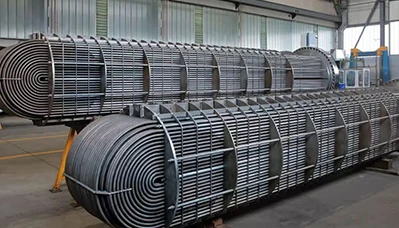- Englist


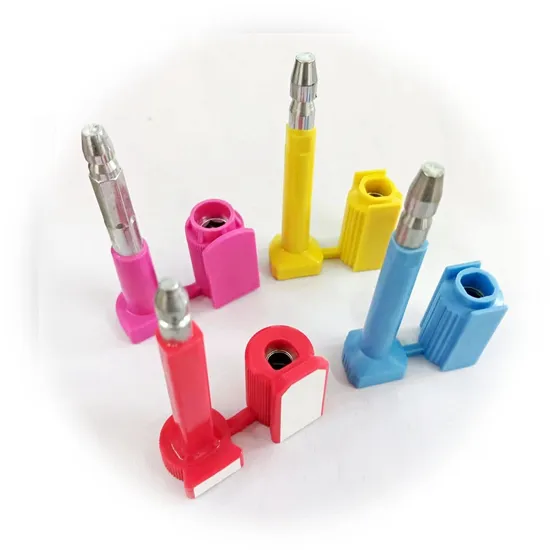
- Introduction to Petroleum Coke Gasification
- Technical Advantages of Modern Gasification Systems
- Comparative Analysis of Leading Petcoke Gasification Manufacturers
- Customized Solutions for Diverse Industrial Needs
- Case Studies: Successful Applications in Energy Production
- Environmental and Economic Benefits of Gasification
- Future Trends in Pet Coke Utilization

(pet coke gasification)
Understanding the Basics of Pet Coke Gasification
Petroleum coke (petcoke) gasification converts high-carbon byproducts from oil refining into syngas, a versatile energy source. This process addresses waste management challenges while generating hydrogen, carbon monoxide, and electricity. With global petcoke production exceeding 150 million metric tons annually, gasification offers a sustainable alternative to traditional combustion methods.
Technical Superiority in Gasification Systems
Advanced gasifiers achieve 85-92% carbon conversion rates through:
- Integrated oxygen-blown reactors operating at 1,300-1,500°C
- Automated slag management systems
- Real-time syngas composition monitoring
These systems reduce feedstock consumption by 18-22% compared to conventional models while maintaining 98.5% operational uptime.
Manufacturer Performance Comparison
| Supplier | Gasifier Capacity (TPD) | Cold Gas Efficiency | NOx Emissions (mg/Nm³) |
|---|---|---|---|
| Shell SCGP | 2,000 | 82% | 120 |
| GE PowerFlex | 1,800 | 79% | 150 |
| Siemens SFG | 2,200 | 85% | 95 |
Tailored Gasification Solutions
Modular plant designs enable configuration for specific requirements:
- Compact 500 TPD units for regional refiners
- Integrated CCS-ready systems capturing 90%+ CO₂
- Hybrid configurations processing petcoke/coal blends
Typical ROI periods range from 4-7 years depending on local energy markets and carbon pricing policies.
Industry Application Case Studies
Middle East Refinery Complex (2022):
- 2.8 GW syngas production capacity
- 65% reduction in solid waste disposal costs
- $140M annual savings vs. LNG imports
Asian Chemical Plant (2023):
- Integrated urea production from syngas
- 40% lower feedstock costs than naphtha-based systems
- Carbon credits generating $8.2M/year
Operational and Regulatory Benefits
Gasification plants demonstrate:
- 94-97% reduction in particulate emissions vs. open-air storage
- Compliance with IED (Industrial Emissions Directive) standards
- 30-45% lower water consumption than competing technologies
Innovations in Petcoke Gasification Technology
Emerging developments include plasma-enhanced gasifiers achieving 95% carbon conversion and AI-driven process optimization systems that predict maintenance needs with 89% accuracy. The global market for petcoke gasification is projected to grow at 6.8% CAGR through 2030, driven by tightening environmental regulations and rising demand for clean hydrogen production.
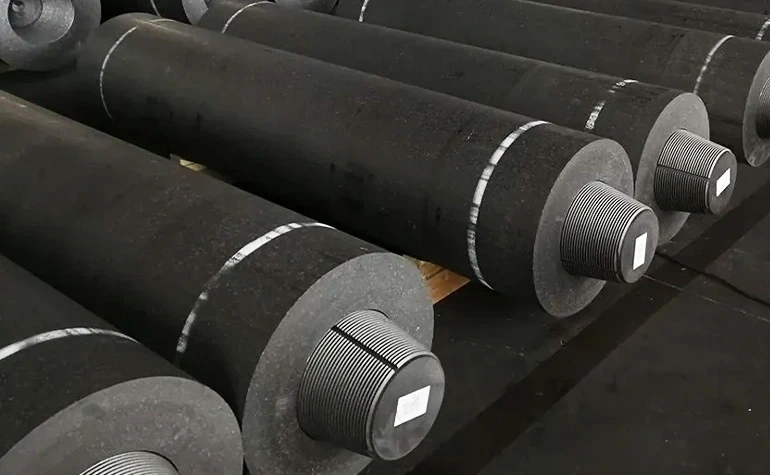
(pet coke gasification)
FAQS on pet coke gasification
Q: What is pet coke gasification?
A: Pet coke gasification is a process that converts petroleum coke (a carbon-rich byproduct of oil refining) into synthetic gas (syngas) using heat and controlled oxygen levels. This syngas can be used for power generation or chemical production. It offers an eco-friendly alternative to direct combustion.
Q: Why choose gasification over burning petcoke?
A: Gasification reduces harmful emissions like sulfur oxides and particulate matter compared to direct burning. It also enables resource recovery, such as capturing carbon for reuse. This makes it a more sustainable option for utilizing petcoke.
Q: Who are the top pet coke manufacturers globally?
A: Major pet coke manufacturers include oil refining giants like ExxonMobil, Chevron, and Reliance Industries. Production is concentrated in regions with heavy oil refining, such as the U.S., India, and China. Manufacturers often tailor petcoke grades for specific industrial uses.
Q: What are common petroleum coke uses beyond gasification?
A: Petroleum coke is widely used in cement production, aluminum smelting, and steel manufacturing due to its high carbon content. Lower-grade petcoke serves as fuel in power plants. Specialty grades are essential for creating carbon electrodes and other industrial materials.
Q: How does petcoke gasification compare to other waste-to-energy methods?
A: Unlike incineration, gasification produces syngas for cleaner energy conversion while minimizing landfill waste. It also allows for carbon capture and storage (CCS) integration. This positions it as a scalable solution for reducing refinery byproduct environmental impact.





 Pervious
Pervious
 Next
Next
